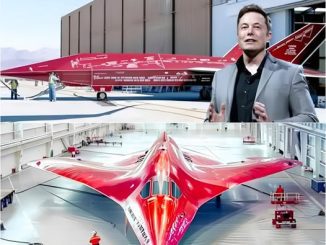Google has responded after concerned Canadians claimed to have spotted signs that the US is making moves to turn Canada into its 51st state.

Since being elected as the 47th President of the United States, Donald Trump has floated the idea of merging the US and Canada – repeating his notion that Canada has to become “the 51st state”.
The proposal was initially dismissed as a joke until earlier this month, when the 78-year-old imposed “catastrophic” tariffs on Canada to curb drug production coming into the US and openly discussed erasing the 5,525-mile border, arguing it would be beneficial for commerce.
While Canadian officials have shrugged off the idea, some citizens believe the first steps are already happening on Google Maps.
A few social media users have claimed that Google Maps’ labeling of provincial parks as “state” parks is a sign of American influence creeping in.
“I would like to draw attention to this disgusting display of American oppression of Canadian culture and autonomy,” said Rachel Deren, a Canadian resident, to CTV News.
“This alarming revelation has stirred many who have noticed, as it is an attack on our Canadian identity,” she added.
Among the parks that have been incorrectly labeled are Mount Robson Park, Whaleboat Island Marine Provincial Park, and Pinecone Burke Provincial Park.
Deren and others have begun reporting the so-called “errors” to Google, with many fearing it’s part of a larger scheme. “We are proud to be Canadian and will remain so despite attempts like this from our ever increasingly hostile neighbors to the south,” she said.
After mounting speculation, Google has now addressed the controversy and explained that the “state” label is simply a technical term that has been around for years on their platform.
“We have not made any recent changes to the way we label parks in Canada – the vast majority of these parks have had their existing labels for several years. We’re actively working to update labels for parks in Canada to avoid confusion,” a spokesperson told Vancouver Is Awesome.


